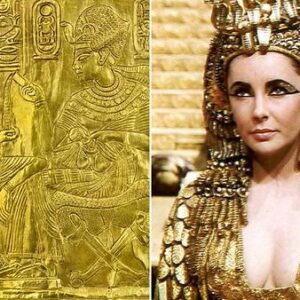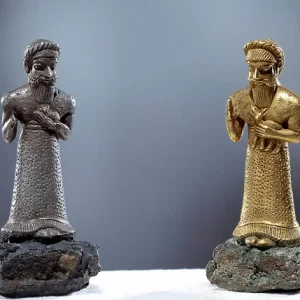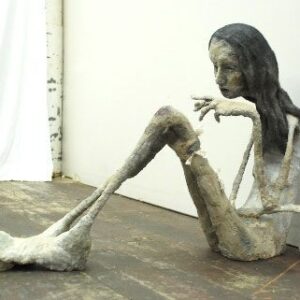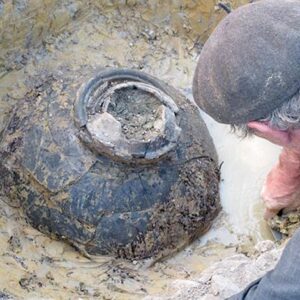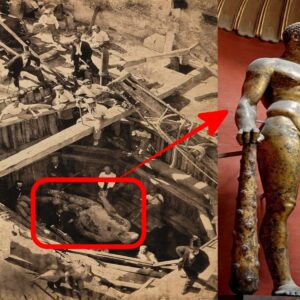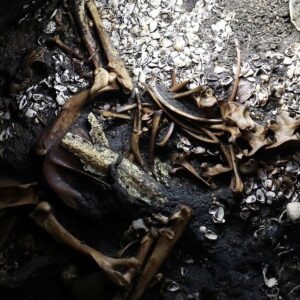This mummy was originally labeled as Pa-Ib based on the name on the sarcophagus, but this has been proved to not be the name of the mummy. So, the mummy is technically known at the Barnum Mummy!
Like many of the other mummies I’ve talked about, there is very little known about this mummy. This is especially so, because this poor woman is not in her own coffin. We know that this woman most likely lived in the Middle Kingdom meaning she is about 4000 years old. It is unclear what position she may have held, but she could have easily been a servant or housewife. She probably died when she was 28 to 32 years old.
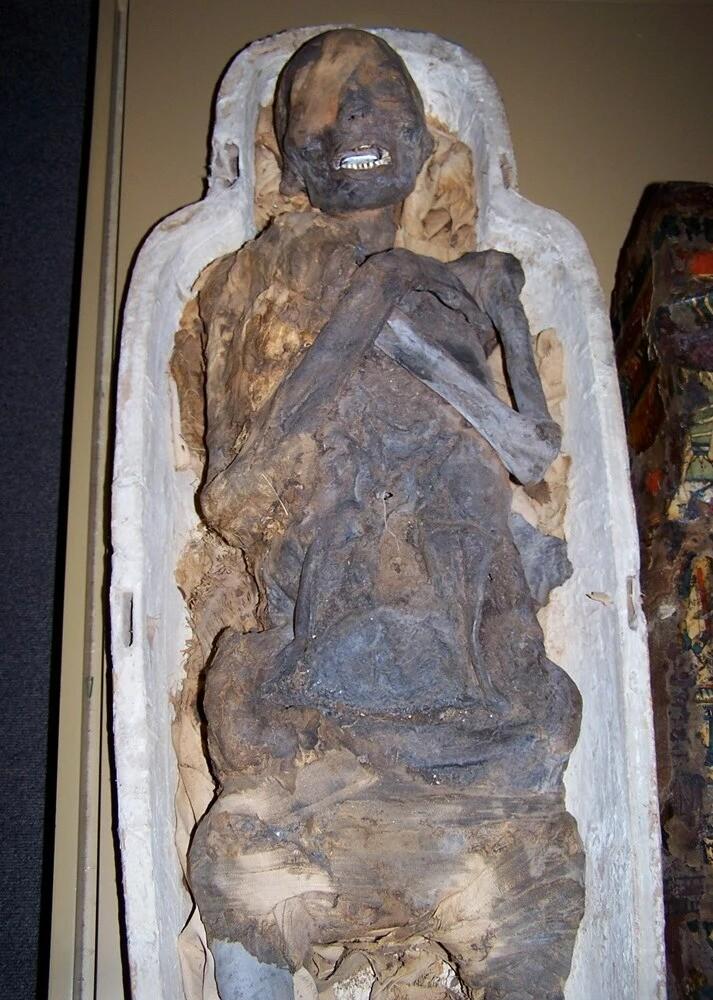
China’s 4,000-year-old Barnum mummy
After the discovery that the coffin and mummy were not meant to, the museum staff wanted to give her a name. They decided on Ipy, which means “Most favorite,” and was a contemporary name to her time.
In 1894, Nancy Fish Barnum, the second wife and widow of P.T. Barnum, acquired the mummy and coffin in Egypt. She later presented it to the Bridgeport Scientific Society and Fairfield County Historical Society (1894.1. A-C). Later this would become the Barnum Museum.
The mummy was publicly unwrapped in August of 1894. The audience remarked on the “thousands of yards of linen bandages,” and the “peculiar and slightly disagreeable odor.” While at the museum, it has been scanned several times to learn more of the mummy.
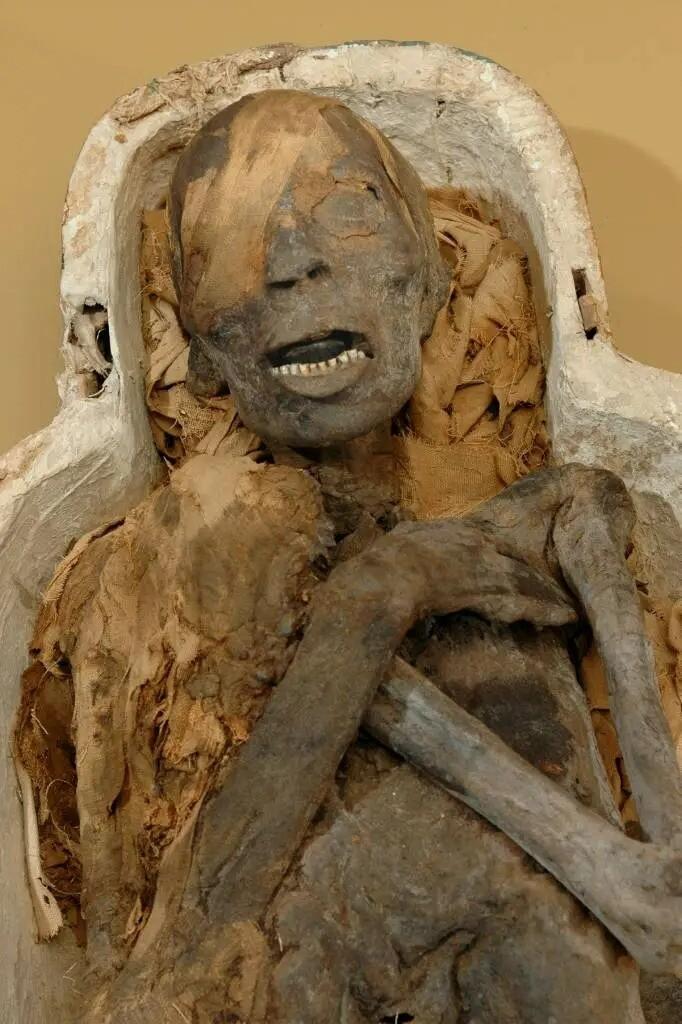
Mysterious servant mummy discovered
CoffinIn 2006, the mummy and coffin were examined, mainly to confirm if it was a legit Egyptian mummy. Barnum had previously created a fake mermaid mummy, so there may have been some speculation that this was a fake. The mummy was proven to be genuine, but this was when the coffin was discovered to not be originally meant for the mummy.
This of course blew everyone’s theories about the mummy out the window, but I will talk about the mummy below.
This coffin was made for a man name Pa-ib, who lived during the 25th or 26th dynasties. Pa-ib was the third prophet for the god Min, who is a god of fertility and creation. The coffin may have been made in the Upper Egyptian city of Akhmin, based on the decoration and that Min is their city god. That means that this coffin is only 2500 years old compared to the mummy!
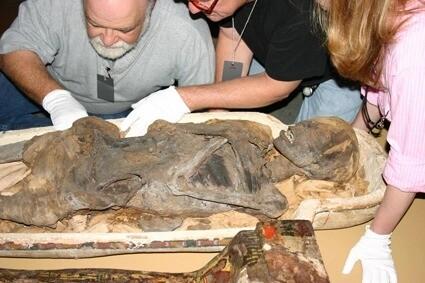
This poor woman is not in her own coffin
It wasn’t until 2006 that the mummy was identified as a female. It was scanned at the nearby Quinnipiac University, where it was also scanned in 2010. The mummy was CT scanned, x-rayed, and fluoroscopically scanned. There were also endoscopic explorations, which may have helped discover that the mummy’s heart is missing.
She would have been five foot tall and again, 28 to 32 years old when she died. Her teeth were very worn, almost flat, with various dental infections. There were also four bundles found within her chest cavity. One was originally thought to contain a bird, but this was disproven.
At least one of the bundles contains her internal organs, as was a typical tradition of this time. The head of the mummy was also examined separately because it had been separated during the unwrapping in the 1800s. Again, the scholars estimated that this woman did not do any hard labor, indicating that she may have been a household servant or housewife.
